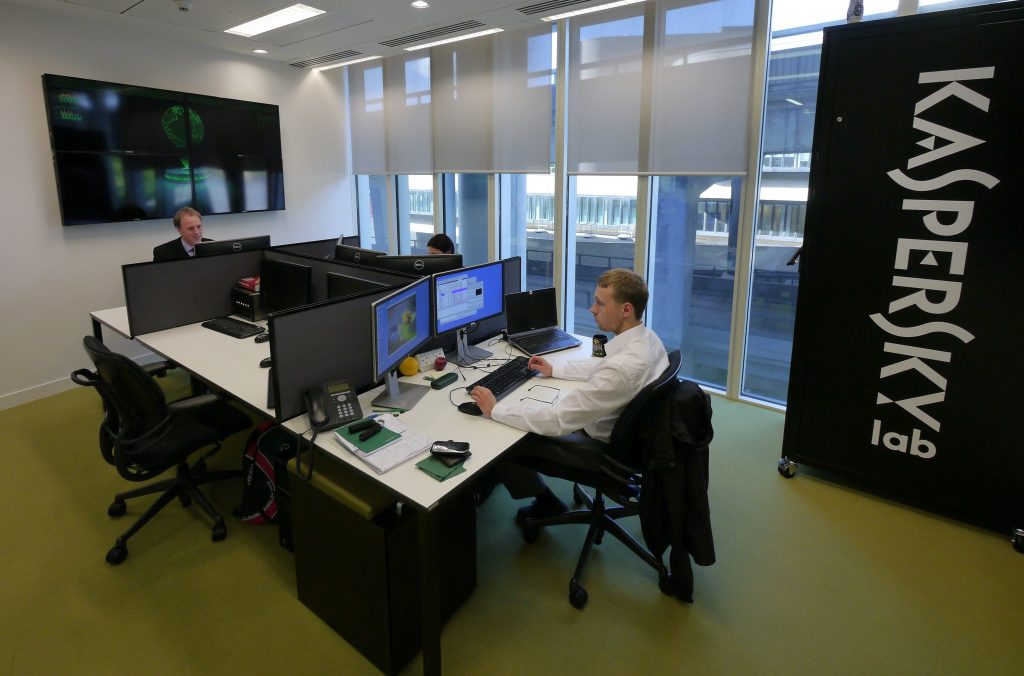TechInAfrica – Kaspersky research recorded there was an increase infection of local threats in Kenya in the first quarter of 2018. The local threads included through CDs, DVDs, and USBs with overall infections of 61.8% of its users. It’s a high number that organizations should take seriously.
Security should be the major priority of organizations as they will face various cyber threats coming from the inside as well as the outside. They need to consider a holistic approach to cybersecurity that creates an IT security solution. Furthermore, they also need to educate their employees and security policies to improve the organizations’ security posture.

In the digital age where technology keeps transforming and advanced, cybersecurity will always be a never-ending struggle for many businesses that take advantage of technology. Therefore, they need to make sure everything is secure.
Small companies under 50 employees usually in a high risk of cyber threats. In fact, small companies don’t usually put cybersecurity as their main priority. Instead, their focus is mainly on business growth. This fact has made these small businesses more attractive to hackers as they tend to have valuable data with lower security.
SMEs take over 98% of all businesses in Kenya and contribute around 3% of the GDP1. Thus, it’s an issue if they don’t take cybersecurity seriously.
The Kenya National Bureau of Statistics conducted a survey and found that around 400,000 SMEs don’t celebrate their second birthday leading to a serious issue of the sustainability of the sector.
“While there are a number of hindrances, thinking you’re too small to be of interest is exactly the mindset that cybercriminals are exploiting to launch increasingly sophisticated malware against small businesses. In fact, they know what many SMEs don’t: They are a target,” said Bethwel Opil, the Enterprise Sales Manager at Kaspersky Lab Africa.
He added, “Unfortunately, many SMEs view IT security as a ‘commodity’, seeing little difference between the various options available to them. That’s a dangerous myth; even a one percent difference in detection rates can result in hundreds of thousands of pieces of malware slipping through the nets over the course of a year, especially considering how many new pieces of malware are detected every day. The most dangerous threats are the ones SMEs know about,”
According to Opil, in order to minimize a wide range of cyber threats in SMEs in Kenya, organizations should follow a holistic security approach.
“It starts with organizations identifying the data that is critical to them and that criminals would be after. Second, is deploying rigid security solutions that will ensure that their data is safe and could be revived if lost or damaged. This must be done in conjunction with employee education programmes and consistently updated security policies – which are understood and followed by everyone within the business,” Opil said.



